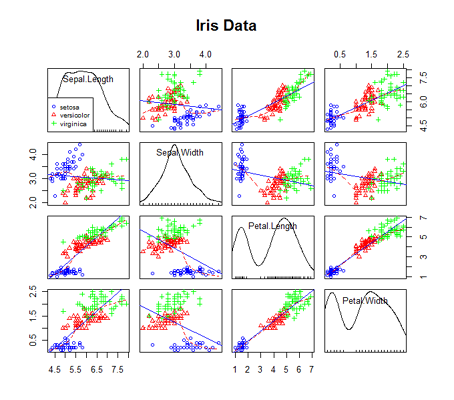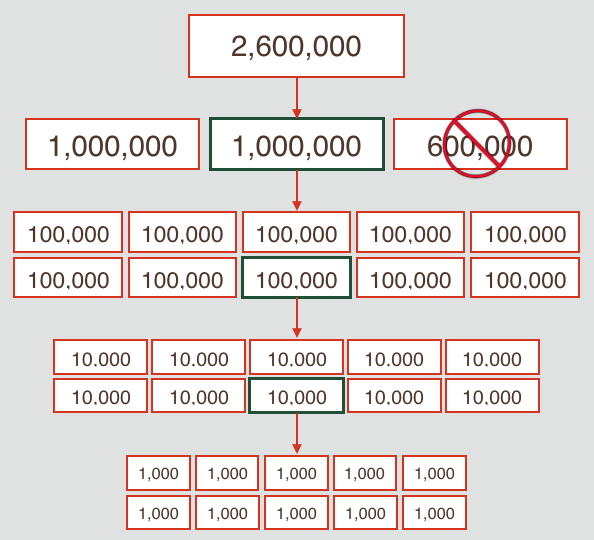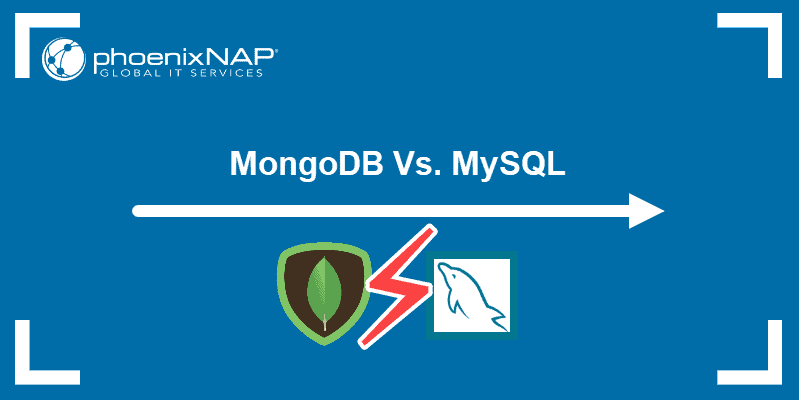


There are a few ways to get around the indexing conundrum, but the one that MySQL advocates for is to create computed/virtual columns, which they provide an example of here.
MYSQL JSON COMPARE FULL
The other drawback is that MySQL doesn't support indexing JSON columns, which means that searching through your JSON documents could result in a full table scan. The drawback? If your JSON has multiple fields with the same key, only one of them, the last one, will be retained. This means that the JSON is always validated, because it's always parsed, and it's efficiently accessed as it's optimized into keys with values and arrays. MySQL stores JSON in binary form, like PostgreSQL's JSONB format. JSON has been supported by MySQL since version 5.7.8.
MYSQL JSON COMPARE HOW TO
There, we showed you how to store JSON inside your PostgreSQL database, and highlighted some of the pros and cons of storing documents using its JSON and JSONB data types. We've published a similar article that looks at storing JSON in Compose PostgreSQL and asks whether PostgreSQL could be your next JSON database. So, we'd like to provide an overview of how to use JSON in your Compose for MySQL deployment. Many of our customers rely on NoSQL databases like MongoDB and others, but there are increasing numbers who are looking at relational databases and the cost/benefits of their JSON storage and retrieval capabilities. Since the arrival of Compose for MySQL beta, we've been asking customers about how they use the database and what they'd like to learn more about.
MYSQL JSON COMPARE TRIAL
Need a reporting tool for MySQL? Ubiq makes it easy to visualize data in minutes, and monitor in real-time dashboards.MySQL for your JSON mysql json Free 30 Day Trial Here is the first SQL query mentioned above, in Ubiq. Ubiq Reporting tool supports all the above SQL queries and makes it easy to visualize SQL results in different ways. mysql> select detail s->'$.spend' as spend Here is the SQL query to extract first element of array spend. Similarly, if you want to extract an array element from a JSON, then you can access them using square brackets ‘’ and index of array element. mysql> select detail s->'$.resolution.x' as widthĪlso read : How to Convert datetime to UTC in MySQL If you want to retrieve resolution.x value, that is, from an object, then you can do so using the dot (.) operator, as shown below. mysql> select id,Īlso read : How to Get Multiple Counts in Single Query in MySQL You can also use these operators in WHERE clause as shown below. Here is the SQL query to extract browser name from details column mysql> select id,Īs you can see -> returns output as quoted strings, while -> returns values as they are.

> will get the string value while -> will fetch value without quotes. MySQL provides two operators ( -> and -> ) to extract data from JSON columns.

How to Retrieve data from JSON column in MySQL "resolution": 'Īlso read : How to Avoid Inserting Duplicate Records in MySQL We will insert the following JSON data in our table. Let us say you have the following table users(id, details) where id is an integer and primary key while details is a JSON data type column. In this article, we will look at how to query JSON column in MySQL. Sometimes you may need to search JSON array of objects, extract JSON data or retrieve JSON data in MySQL.


 0 kommentar(er)
0 kommentar(er)
